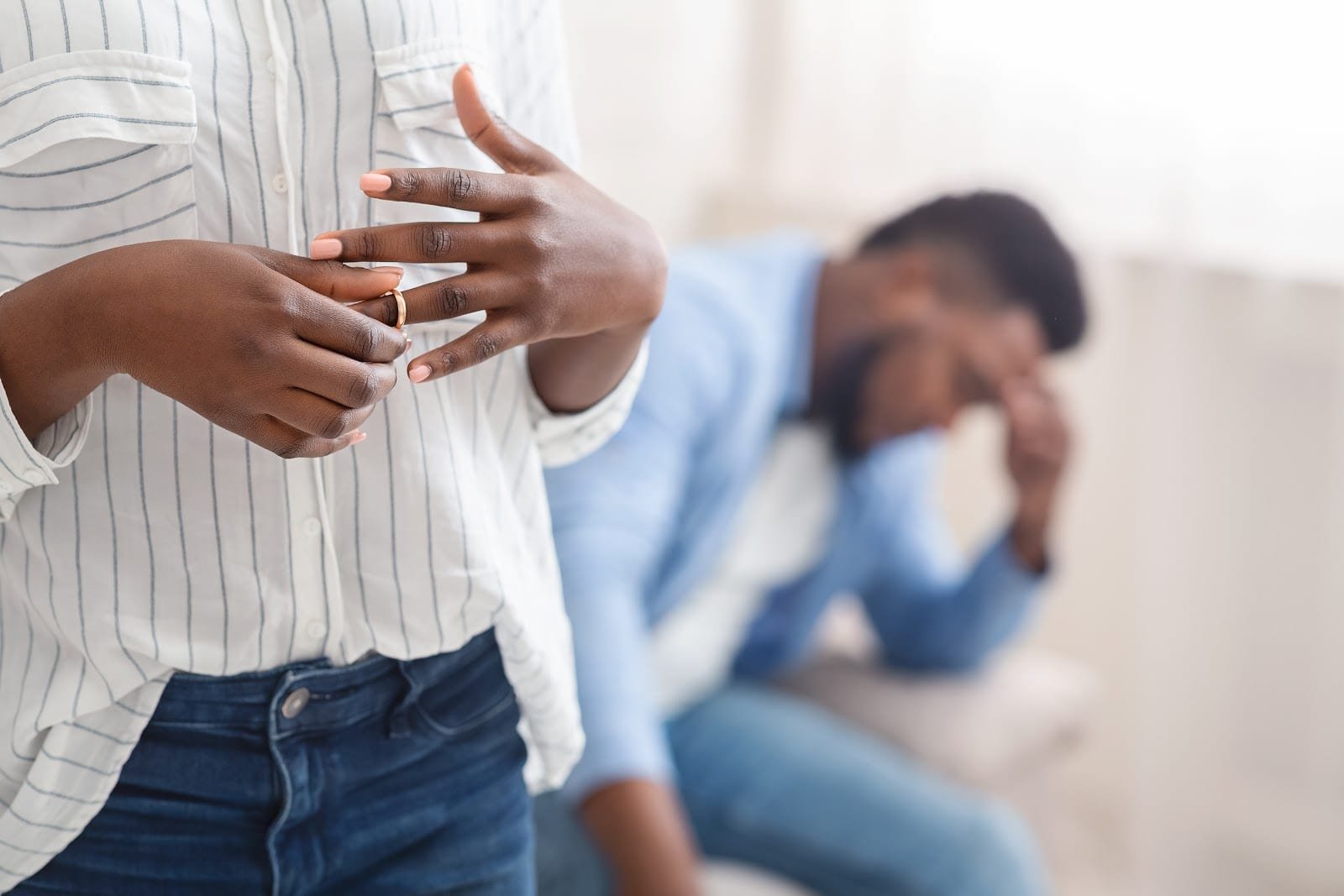How to Cope with Feelings of Depression After Divorce
If we were to believe pop culture portrayals of divorce, we’d be stuck in a pattern of cynical, black-and-white thinking. Divorce is much more than a stand-up comedian’s punch line. It’s a complex experience — brimming with nuance and worthy of our full attention. Oversimplifying divorce does a disservice to everyone involved. Even if it’s generally for the best, divorce can do a number on anyone’s mental health.
Consistent with its status as one of life’s most stressful events, divorce can be a catalyst for everything from low self-esteem to intense guilt and shame. It can contribute to the development of eating disorders, sexual dysfunction, anxiety, and more. A major player in that “more” category is post-divorce depression.
What Does Post-Divorce Depression Look and Feel Like?
When a marriage ends, it is a loss. Even if you are sure the split is for the best, you are losing part of your life. Your rhythms and routines will change. Your expectations for the future will shift dramatically. What you once thought would happen can no longer happen, and this is something that needs to be grieved. Post-divorce depression is a common, diagnosable disorder that can arise from this blend of emotions and experiences.
Common Signs of Post-Divorce Depression
Persistent sadness — virtually all day, every day
Losing interest in activities you once enjoyed
Mood swings
Feelings of guilt (more common in women)
Sleep disturbances (more common in men)
Dramatic appetite changes
Feelings of hopelessness or worthlessness (more common in women)
Physical and emotional exhaustion
Angry outbursts (more common in men)
Social withdrawal or self-isolation
Self-medication via drugs or alcohol (more common in men)
A feeling of emptiness
Thoughts of self-harm
How To Cope with Feelings of Depression After Divorce
Post-divorce depression can be unpredictable. You may be triggered when you least expect it. Keep this in mind as you consider the suggested steps below.
Allow Yourself to Feel
Regardless of the specific circumstances, resist the urge to downplay your emotions. Feel what you need to feel so you can begin processing and resolving this considerable change. You might, for example, feel the need to celebrate some aspects of the shift. Honor those feelings, too. Suppressing emotions is never a self-loving choice.
Practice Daily Self-Care
Depression of any kind is a proficient liar. As much as possible, reject the tales about what you can’t do. Cultivate a routine that empowers you to fortify your mental and physical well-being. This routine will typically include:
Daily exercise and physical activity
Healthy eating and drinking choices
Regular sleep patterns
Relaxation techniques and stress management
Making time to see trusted friends and family members (preferably in person)
Develop New Interests (But Take Your Time)
What do you feel free to try now that you couldn’t when you were married? Dipping your toe in the waters of new interests, habits, and hobbies can be invigorating. At the same time, there’s no reason to rush into steps that may require more time and contemplation. Give yourself some space before quitting your job or jumping into a new relationship. Find someone to talk with about the more significant decisions.
Speaking of “Someone to Talk With”
Post-divorce depression requires much more than self-help tips. Left unchecked, it can escalate quickly, so get comfortable asking for help. Connecting with an experienced therapist is a proven method for navigating the uncharted territory of post-divorce life. It’s an ideal way to discern what’s going on and if you need a specific kind of depression treatment. Along the way, you can explore old patterns while discovering new solutions. Post-divorce depression is obviously an uncomfortable experience but it’s one you can manage and heal.

